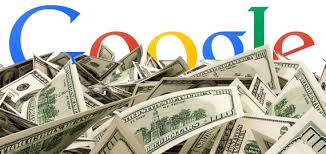
Published in El Pais, 1 December 2018.
In the Netherlands the three largest banks have reduced the number of offices in the past 14 years with more than 70% and in the past 10 years 20% of the ATMs have been shut down. For some people this is shocking, but in general there are only a few people who visit a bank or use an ATM. Most of the payments are done in the shop with the card, transfers are done with an App and requesting a loan or advice can go by phone.
Banks are under a lot of pressure to be competitive and as any other company they need to make money. they do that by asking a higher interest rate when they loan money than what they give on the savings. Next, it is important that they have a good idea on the risk that a person cannot pay back the loan. For the last they need information. The higher the risk the higher they will put the interest rate. However if they ask too much they might lose the customer to another bank.
The time that a person’s age and income was enough for a bank to make an estimate of its risk is long gone. Companies such as Google and Amazon know much more about you then you think. They know what you buy, what your interest are, where you travel, in short what you ´like´. Besides these companies are incredibly big. To have an idea. Google is 3 times bigger than Bank of America, and they already have their own payment system, Google Pay. So it will be a small step for them to go big on financing houses and companies.
Thirty years ago we needed to do transfers by going to the bank, soon cash money will be gone and will have an account with some kind of Google. We will pay at shops as simple as replying a WhatsApp message, requesting a loan doesn’t need to take weeks of review, but will be ready instantly. Talking to someone with the bank will go with the Bank App if needed with video.
Should we fearing this development? I don’t think so. The Googles have too much at stake to ruin this and thus will move carefully before declaring war on the conservative bank system. It will happen, one day, and still maybe sooner than we think.



Be the first to comment